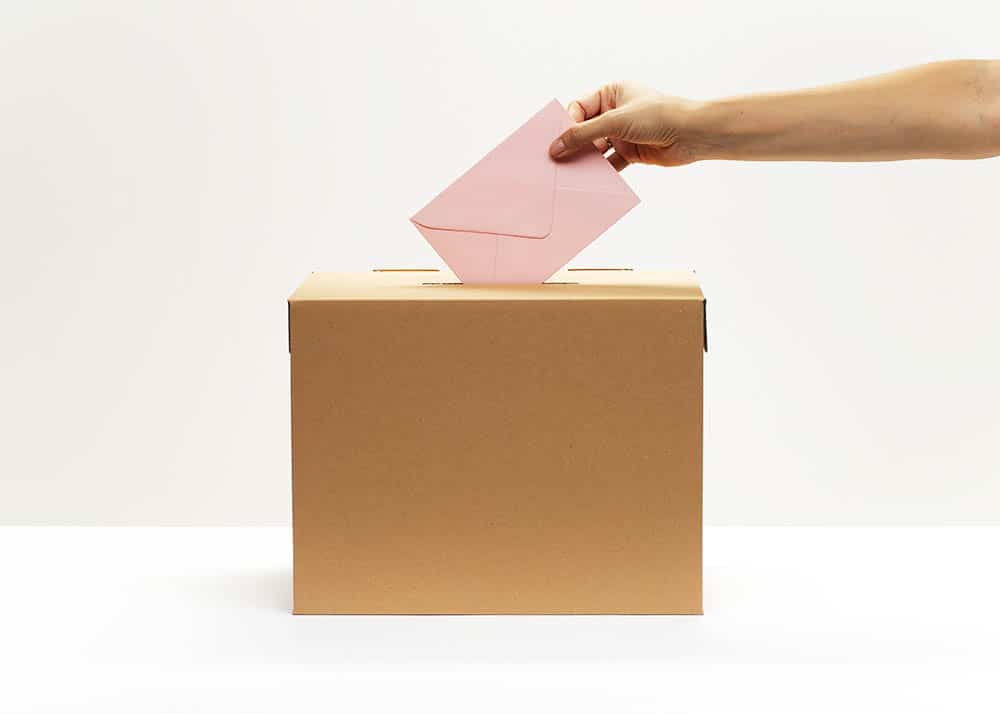The Power of Elections: Why Your Vote Matters
Elections are the cornerstone of democracy. They are the mechanisms through which citizens can express their voice, hold their leaders accountable and shape the future of their nation. Yet, surprisingly, voter turnout in many countries is exceedingly low. In some countries, only a minority of eligible citizens vote, which has the potential to undermine democracy and weaken its legitimacy. In this article, we will explore the reasons why your vote matters, the power of elections, and how your voice can make a difference.
Why Does Your Vote Matter?
One vote may seem insignificant, but everybody’s vote counts, and elections are decided by the combined impact of many votes. In certain elections, a small margin of votes could determine the outcome. In the 2000 US Presidential election, for instance, George W. Bush won Florida’s Electoral College votes and the presidency by a mere 537 votes. Every vote does count!
Your vote is the only way to express your opinion, and it is vital to making sure your voice is heard. Every person has their opinions, priorities, and visions of what their community, city, country, and world should look like. Voting is your opportunity to have a say in who represents you and advocates for your views. If you don’t vote, you cannot complain about the results.
Finally, voting matters because it is the best way to hold elected officials accountable. By casting your vote, you select the people that will make decisions about your community, state, country, and ultimately your daily life. It is up to you to decide who has the power and the trust necessary to represent you well. If politicians are not doing what they promised or act in ways that hurt your interests, you can vote them out of office!
The Power of Elections
Elections have the power to transform societies and reshape their futures. They are not only about electing politicians but also about affirming and expanding democratic values, principles, and practices. Elections offer a way for citizens to hold power to account, provide legitimacy to those in power, resolve conflict peacefully, and promote social cohesion and inclusion.
Through elections, citizens have the power to influence the direction of their country and their future. Elections are not just about who wins or loses, but also about generating a public debate, articulating national priorities, and reshaping political agendas. Elections provide an opportunity for voters to advocate for policies that are important to them and raise public awareness about critical issues.
The role of elections in promoting peaceful transitions of power should not be underestimated. By providing a peaceful way to change the government and fostering political stability, elections prevent authoritarian rule, reduce the risk of violence, and provide hope for future generations.
How Your Voice Can Make a Difference?
One of the primary means to make a difference in the electoral process is to vote. Some tips and advice to maximize the impact of your vote are:
1. Register to Vote: The first step in making a difference is to be registered to vote. Go to your local voter registration website or office and make sure you are registered to vote in upcoming elections. It is important to register early and make sure your information is accurate.
2. Do Your Homework: Before casting your vote, you should understand the candidates, issues, and policies at stake. Get information from various sources such as political parties, independent media, and voter guides. Seek out opinions and perspectives that challenge your own.
3. Vote Early or by Mail: Voting early or by mail is a way to reduce lines and wait times on election day. Many states allow for early voting, and some states permit voting by mail. Check with your local election office to learn more.
4. Encourage Others to Vote: Voting is contagious, and your influence on others can be significant. Encourage your friends, family, and colleagues to register to vote and cast their ballots. Volunteer at polling stations and distribute voter information materials.
5. Participate in the Electoral Process: Your involvement in the electoral process can extend beyond voting. You can attend debates, rallies, and town halls, or even run for office yourself. Stay informed, engaged, and vocal about the issues that matter to you.
Summary
Elections are the backbone of democracy and provide citizens with the power to influence the future of their country. Participation in elections is critical because it enables citizens to express their voice, hold officials accountable, and promote democratic values. By realizing the power of their vote, citizens can make a difference in the electoral process and shape the future of their nation. Voter turnout may seem dryly quantitative, but it represents a vital civic obligation of each generation – to shape the direction of their community, their state, and their country. By participating in the electoral process, citizens claim their stake in democracy and contribute to its vitality.
